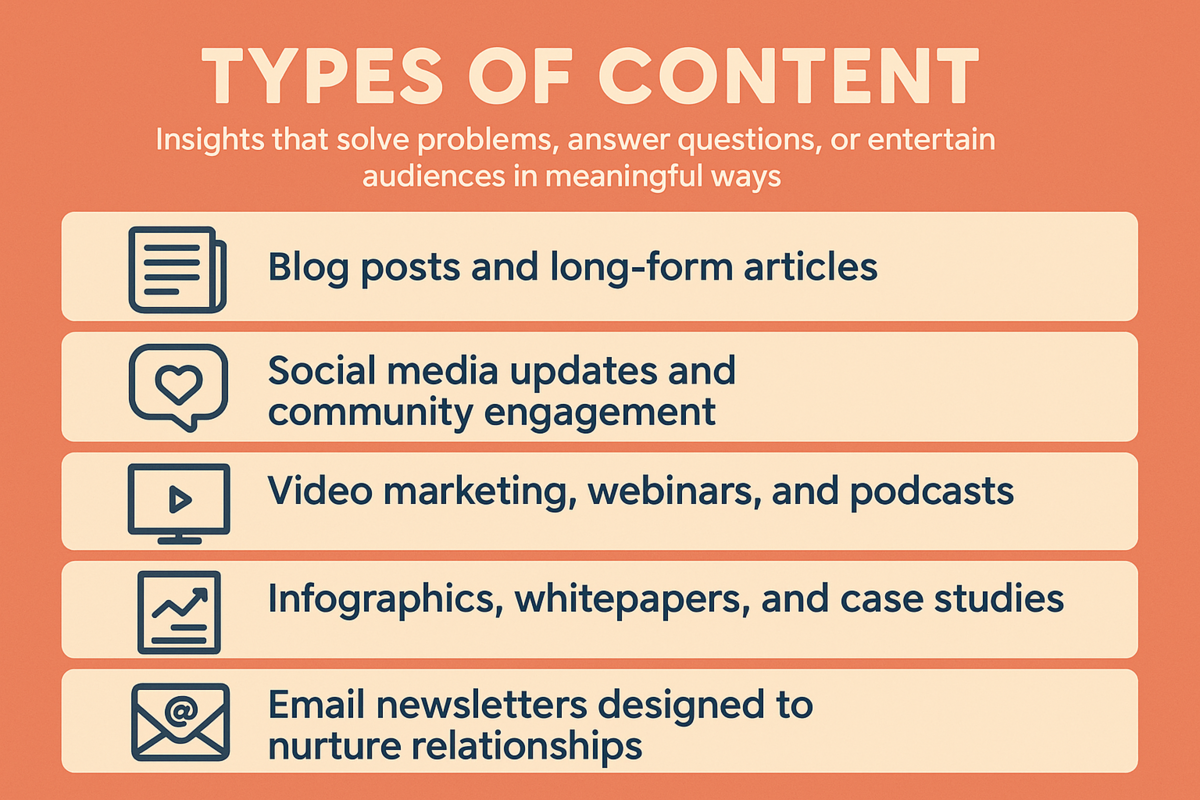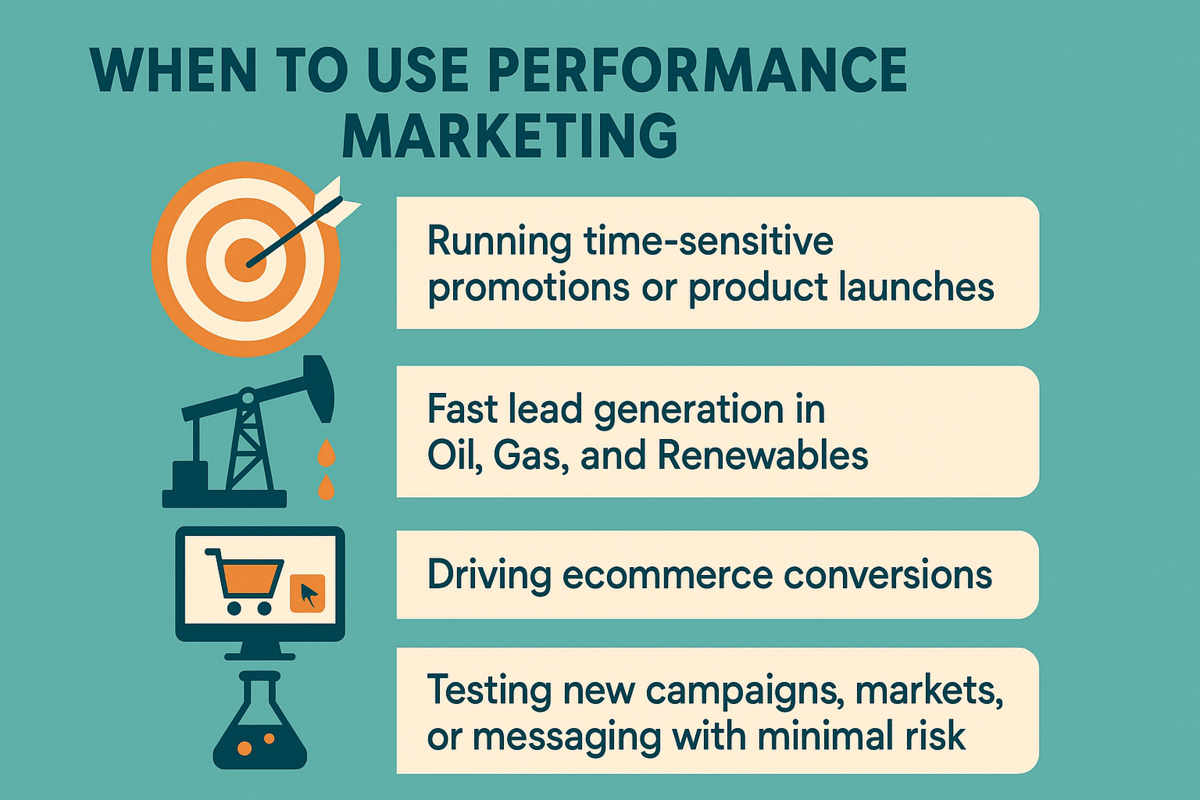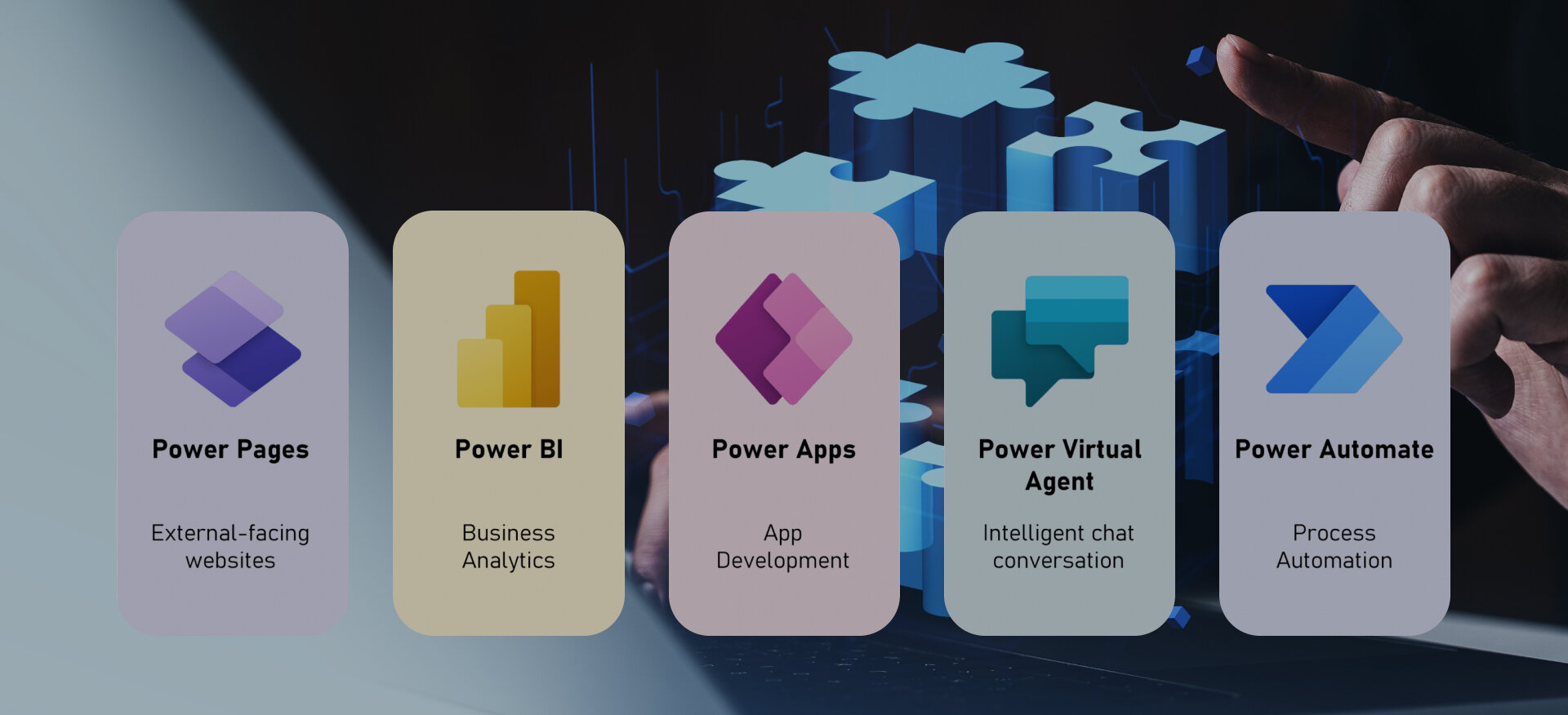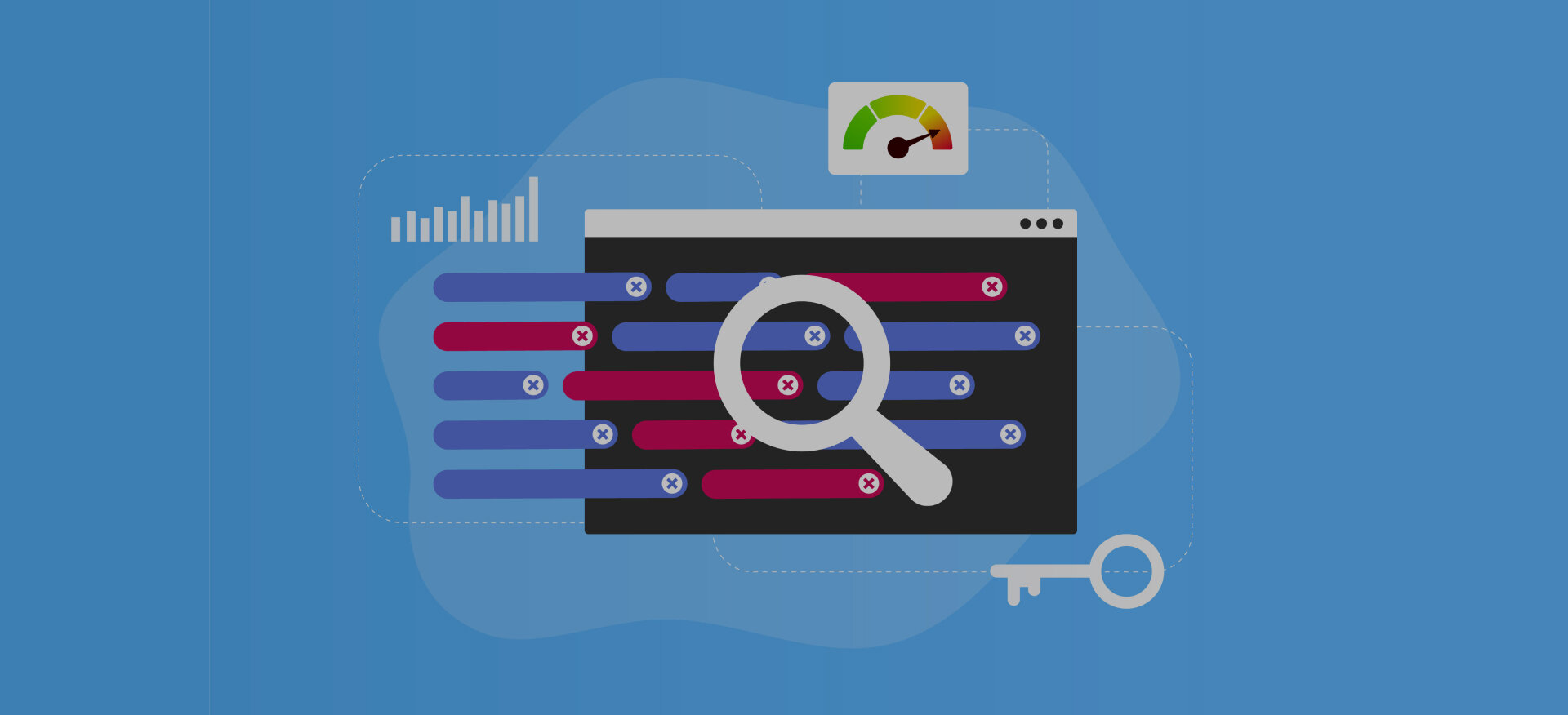In the fast-moving digital landscape, businesses are faced with a critical choice: performance marketing vs content marketing which approach is best for driving results?
Both are essential, but they serve very different purposes. Content marketing creates valuable, relevant, and consistent material to attract and nurture an audience over time.
It’s focused on storytelling, education, and building brand authority. Performance marketing, on the other hand, is all about measurable outcomes.
It uses tactics like PPC, affiliate marketing, and retargeting to generate leads, conversions, or sales and every dollar spent is tied to a specific result.
A recent marketing survey revealed that 70% of organizations invest in content marketing for long-term visibility, while 62% rely on performance campaigns for immediate ROI.
This highlights that the conversation isn’t about choosing one over the other, it’s about knowing how each contributes to growth at different stages of the customer journey.
This blog explores the differences between content vs performance marketing, explains how they work, outlines their advantages, and provides practical insights on when to apply each.
Understanding Content Marketing
Content marketing is a strategic approach centered on creating and distributing valuable, relevant content to attract and retain a clearly defined audience.
To create effective content, it's important to understand What is Curated Content. Curated content refers to gathering relevant and valuable information from various sources, organizing it, and presenting it to your audience in a meaningful way. This approach complements original content and helps businesses provide their audiences with a broader range of insights, saving time for both creators and consumers.
Unlike traditional advertising, it doesn’t interrupt; instead, it educates and informs. This type of marketing builds trust by offering insights that solve problems, answer questions, or entertain audiences in meaningful ways.

Content comes in many forms:
- Blog posts and long-form articles
- Social media updates and community engagement
- Video marketing, webinars, and podcasts
- Infographics, whitepapers, and case studies
- Email newsletters designed to nurture relationships
The impact of content marketing is cumulative. A blog written today can continue generating traffic months or even years later.
Similarly, a how-to video can help establish credibility long after its release.
For companies in industries where building trust is critical, such as Luxury Brands or Banking and Finance, content provides the credibility and educational depth necessary to influence high-stakes decisions.
Strong content also enhances SEO and performance marketing, as search engines reward websites that consistently deliver useful, optimized content, mproving Google keyword ranking and organic visibility
The more authority a brand builds through content, the more cost-effective performance campaigns become, since organic rankings reduce reliance on paid ads.
One of the best marketing tactics to consider is consistently delivering valuable content that drives long-term engagement.
Explore Our Content Marketing Services!
Understanding Performance Marketing
Performance marketing is a results-oriented model where advertisers only pay when specific actions are taken, such as clicks, conversions, or sales. Unlike traditional campaigns, where budgets are allocated upfront with uncertain results, performance campaigns guarantee that spending is tied to measurable outcomes.
Tactics used in performance marketing include
- Pay-per-click (PPC) campaigns through Google Ads or Bing Ads
- Social media ads on platforms like Facebook, Instagram, or LinkedIn
- Affiliate marketing with publishers or influencers
- Retargeting ads to re-engage potential customers who didn’t convert the first time
- Sponsored content or influencer marketing with trackable links
The key advantage of performance marketing is its accountability. Businesses can track exactly how much they spent to acquire a lead, sale, or download, then optimize accordingly.
It makes it ideal for platforms such as Shopify, where understanding how Shopify works helps businesses optimize their performance strategies.
This makes it a favorite approach for ecommerce and industries with direct-response needs, such as Real Estate and Travel and Tourism.
Performance marketing campaigns also allow for rapid experimentation.
A company can test different ad creatives, messaging, or target segments, quickly eliminate what doesn’t work, and scale the tactics that do.
This agility makes it an invaluable tool for growth-focused businesses that need both speed and precision.
Explore Our Performance Marketing Services!
4 Key Differences Between Performance and Content Marketing
While both fall under the digital umbrella, performance marketing vs content marketing differ in significant ways:
1. Objective and Purpose
Content marketing is about long-term engagement. Its purpose is to attract, educate, and build trust with audiences so they view a brand as an authority.
For example, a series of blog posts on technology trends positions a company as a thought leader.
On the other hand, if you’re looking for advertisement examples related to performance marketing, consider a PPC campaign or a Facebook ad showcasing a time-sensitive promotion.
Performance marketing is about driving immediate conversions.
Performance marketing, in contrast, is about immediate returns. A business invests in ads to generate conversions, and the campaign is judged based on measurable KPIs.
2. Payment Model
Content marketing requires upfront investment in strategy, creation, and distribution, but the payoff compounds over time.
Performance marketing is more transactional, you only pay when the defined action (click, lead, or sale) occurs.
3. Metrics of Success
The success of content marketing is measured through engagement, organic traffic, and lead quality.
For performance marketing, success is defined by conversions, CPA, and ROAS. Both rely on data, but the type of data they prioritize differs.
4. Timeframe of Results
Content marketing is a slow build that delivers consistent results over the long run.
Performance marketing provides quick results, but once spending stops, so do the conversions.
Businesses looking to align both for maximum efficiency often turn to Digital Transformation Services, ensuring that brand-building content works hand-in-hand with performance-driven campaigns.
When to Use Content Marketing?
Content marketing works best when:
- Building a brand in a competitive sector where trust is a deciding factor.
- Educating audiences in industries with long sales cycles, such as enterprise software or healthcare.
- Creating resources that position a business as an expert, like detailed guides or whitepapers.
- Driving organic search visibility through SEO-rich blogs and resources. How to search a word on a website becomes crucial for users seeking specific content, and the more optimized your content, the easier it is for them to find.
Companies in sectors like Technology or Media and Entertainment often lean heavily on content because audiences are information-driven and trust is built through expertise and storytelling.
When to Use Performance Marketing?
Performance marketing is most effective when:

- Running time-sensitive promotions or product launches.
- Needing fast lead generation in industries such as Oil, Gas, and Renewables.
- Driving ecommerce conversions through dynamic ads and retargeting.
- Testing new campaigns, markets, or messaging with minimal risk.
Performance-driven strategies ensure that budgets are tied to measurable outcomes, giving companies the flexibility to optimize campaigns in real time and achieve specific objectives.
As for those questioning is Shopify legit in using performance marketing, the platform’s comprehensive marketing tools allow businesses to seamlessly integrate performance strategies for growth.
Explore Our Creative Services!
Why Combining Both Works Best?
The debate between content vs performance marketing shouldn’t focus on which is better, but on how they can complement each other.
Content builds credibility and attracts audiences organically, while performance campaigns amplify visibility and drive immediate conversions. By integrating both, businesses can:
- Repurpose blogs or case studies into ad creatives for performance campaigns.
- Use insights from performance campaigns to identify content gaps.
- Nurture leads gained through performance ads with content-driven email sequences.
- Reduce long-term ad spend by improving organic visibility through content.
Industries ranging from Automotive to Non-Profits benefit from this hybrid strategy, as it balances awareness with measurable impact.
FAQs: Performance Marketing vs Content Marketing
What is performance marketing?
Performance marketing is a strategy where advertisers only pay when specific actions occur, such as clicks, conversions, or sales. It ensures accountability and real-time optimization of campaigns.
What is content marketing?
Content marketing involves creating and sharing valuable material like blogs, videos, and guides to build trust, educate audiences, and drive long-term engagement without directly selling.
How do performance marketing and content marketing work together?
Content marketing builds authority and trust, while performance marketing drives measurable actions. Together, they create a balanced strategy that attracts audiences and converts them into customers.
Is performance marketing better for short-term results?
Yes. Performance marketing is ideal for time-sensitive campaigns, promotions, and direct conversions because results can be tracked and optimized immediately.
Why is content marketing considered a long-term strategy?
Content marketing requires time to build momentum but creates compounding benefits, such as higher search rankings, stronger brand authority, and ongoing audience engagement.
Conclusion
The debate of performance marketing vs content marketing is not about which strategy is superior but about how each serves unique purposes.
Content marketing builds trust, authority, and long-term engagement, while performance marketing ensures immediate results through measurable, trackable actions.
Brands that rely exclusively on content may face slow short-term growth, while those focused only on performance risk missing the credibility and loyalty that content creates.
The most resilient strategies integrate both, ensuring that long-term brand-building supports immediate ROI-driven campaigns.
Centric highlights the importance of this balance, helping organizations align content strategies with performance campaigns to maximize both visibility and accountability.
By combining the storytelling power of content with the precision of performance marketing, businesses position themselves for sustainable, scalable growth in an increasingly competitive digital landscape.









